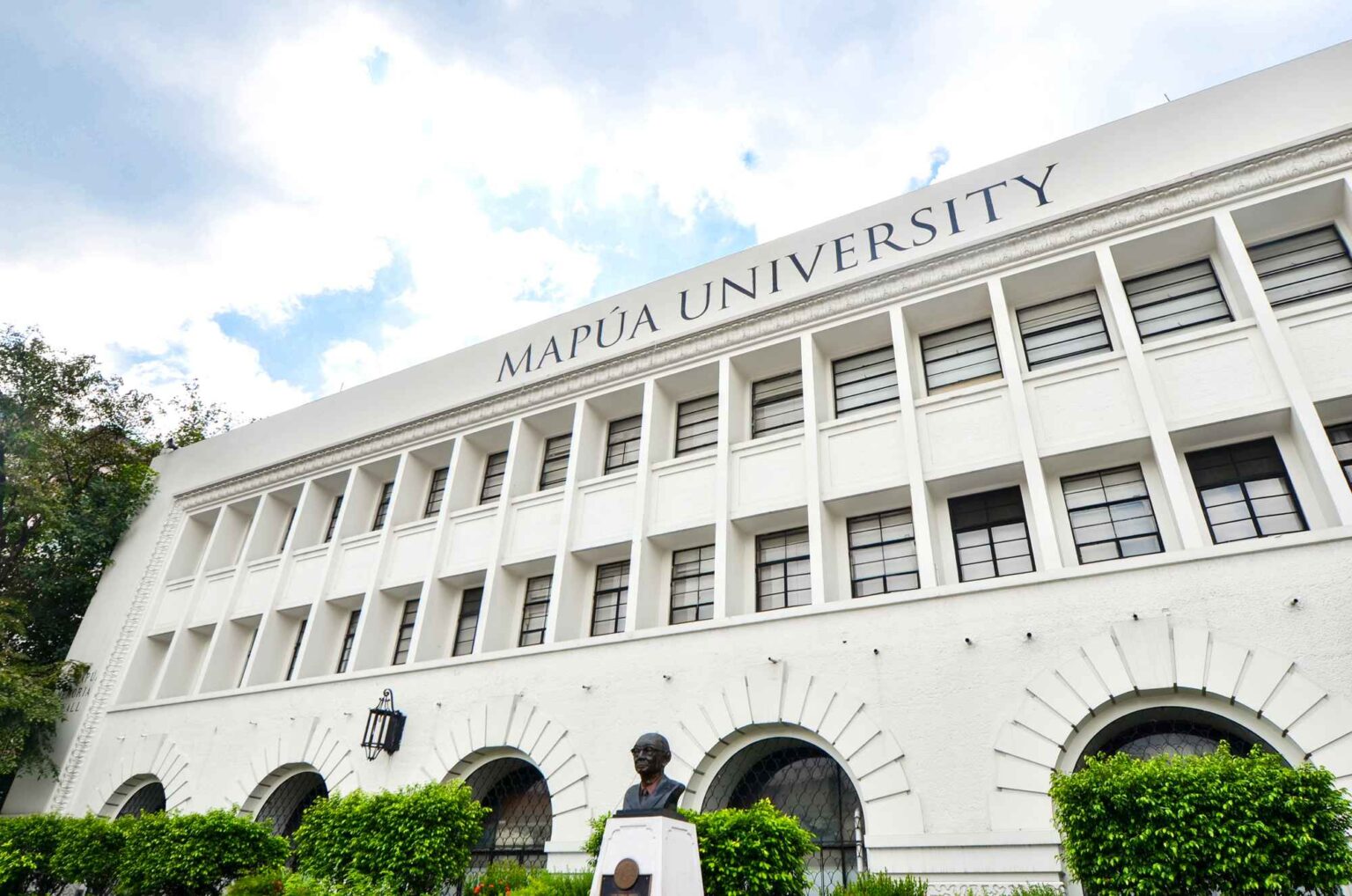Support CleanTechnica’s work through a Substack subscription or on Stripe.
It’s not the MIT we know in the US, but Mapúa University (formerly known as the Mapua Institute of Technology, thus MIT) is the Philippines’ oldest engineering and technology institution. It has completed the transition of all of its campuses to 100% renewable energy through partnerships with ACEN Renewable Energy Solutions (ACEN RES).
The university, which has been at the forefront of technological innovation in fields including artificial intelligence, robotics, and sustainable energy research, began its renewable energy transition with its Manila and Makati campuses. In May 2025, Mapúa Malayan Colleges Laguna (Mapúa MCL) in Cabuyao became the latest campus to complete the switch.
The transition was facilitated through the Department of Energy’s Green Energy Option Program (GEOP), which allows qualified electricity consumers with minimum monthly peak demand of 100 kilowatts to contract renewable energy supply from licensed providers. Under the program, institutions receive clean energy generated from solar, wind, and geothermal plants delivered through the existing power grid without requiring additional infrastructure like rooftop solar installations.
The environmental impact is significant. The Manila and Makati campuses now avoid approximately 350 metric tons of carbon dioxide emissions monthly, while the Laguna campus prevents 91 tons of CO2 equivalent emissions each month.
Dr. Dodjie S. Maestrecampo, president and CEO of Mapúa University, emphasized the alignment with the institution’s mission: “This partnership with ACEN RES and our shift to 100% renewable energy reflects our unwavering commitment to environmental stewardship and our responsibility to future generations. By embracing renewable energy, we are not only reducing our carbon footprint but also setting a powerful example for our students and the wider community.”
The initiative supports multiple United Nations Sustainable Development Goals, including SDG 7 (Affordable and Clean Energy), SDG 11 (Sustainable Cities and Communities), SDG 12 (Responsible Consumption and Production), SDG 13 (Climate Action), and SDG 17 (Partnerships for the Goals).
Tony Valdez, senior vice president and head of market transformation at ACEN, noted the shared commitment to sustainability. ACEN aims to reach 100% renewable energy generation by 2025.
Engr. Sheila Mina, VP and head of account management at ACEN RES and a Mapúa alumna, highlighted the institution’s comprehensive approach: “Mapúa MCL is not only dedicated to providing quality education but is also committed to safeguarding the future of its students by embracing sustainability through this transition to renewable energy.”
As recognition of their commitment, ACEN RES awarded Mapúa University campuses with “Powered by Renewable Energy” badges, with the Laguna campus receiving a gold badge for its long-term decarbonization commitment.
The move positions Mapúa University, already recognized as one of the top technological institutions in Southeast Asia for its advances in engineering education and research, among the country’s greenest university campuses.
Sign up for CleanTechnica’s Weekly Substack for Zach and Scott’s in-depth analyses and high level summaries, sign up for our daily newsletter, and follow us on Google News!
Have a tip for CleanTechnica? Want to advertise? Want to suggest a guest for our CleanTech Talk podcast? Contact us here.
Sign up for our daily newsletter for 15 new cleantech stories a day. Or sign up for our weekly one on top stories of the week if daily is too frequent.
CleanTechnica uses affiliate links. See our policy here.
CleanTechnica’s Comment Policy
